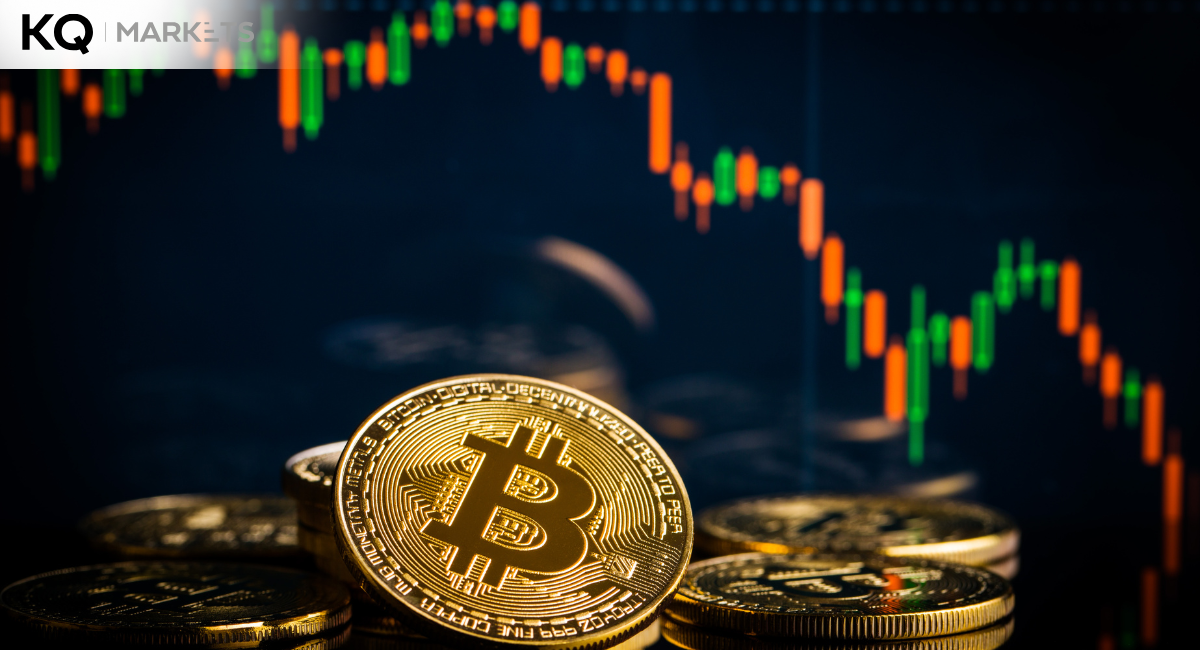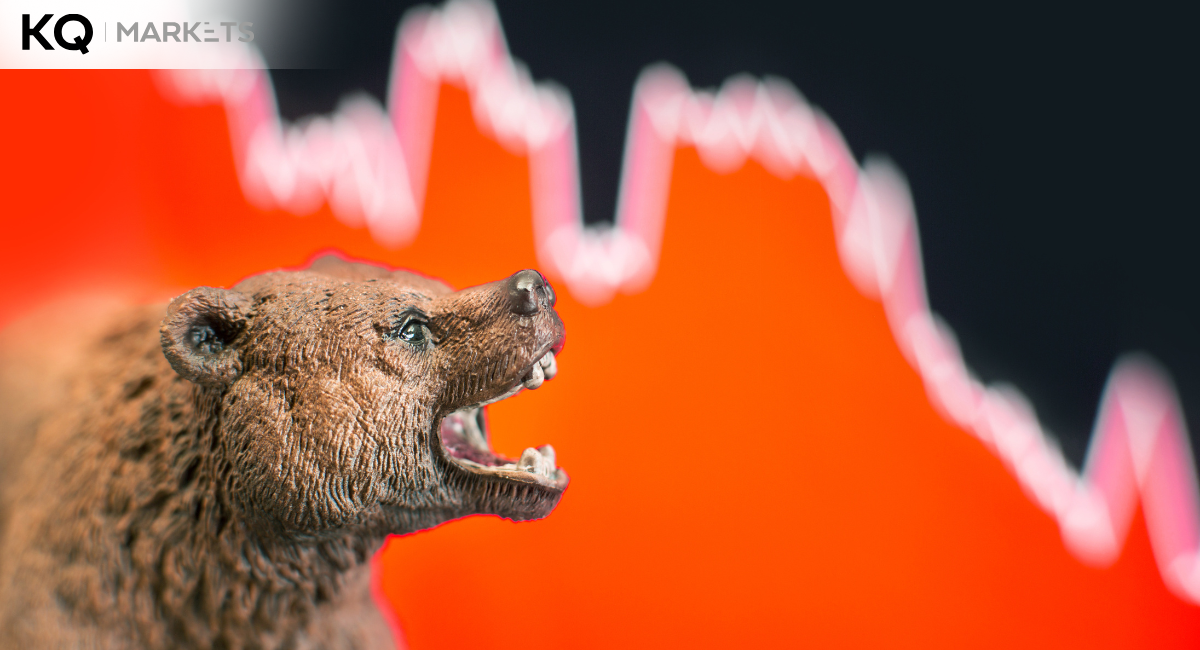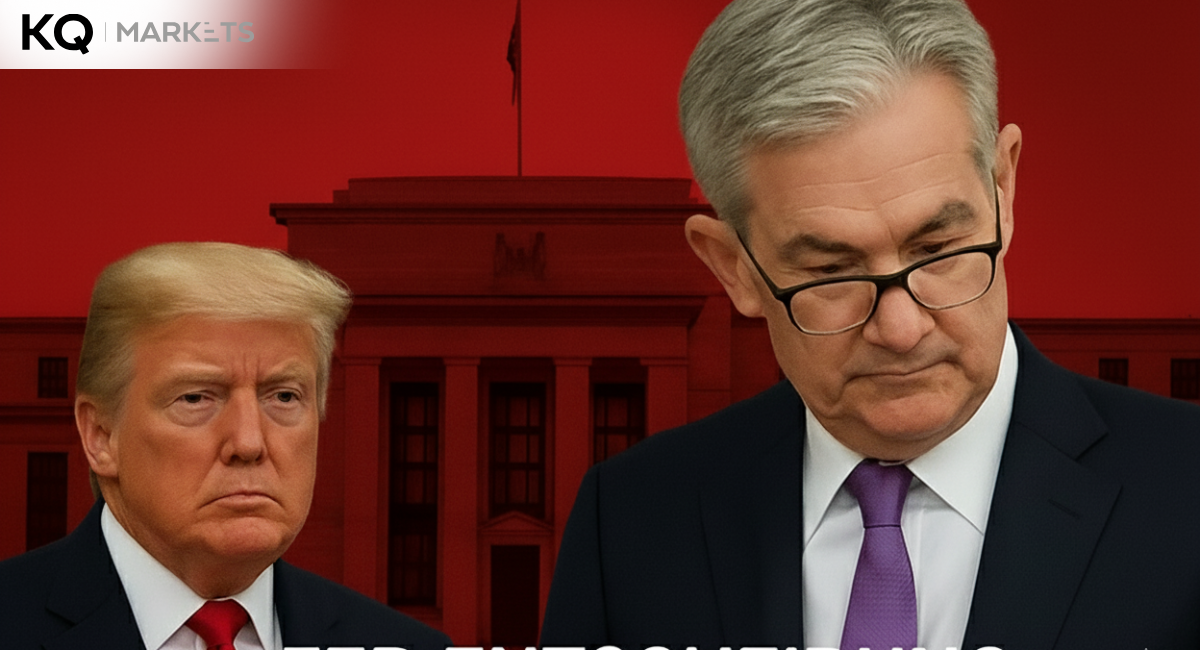The United States Federal Reserve Chair, Mr. Jerome Powell, recently announced that the US central bank will resolve more interest rate hikes to help lower the inflation rate. He announced the plan at the annual Central Bankers gathering, explaining that the approach had regulated inflation from its peak. Nonetheless, the current inflation rate exceeded the 2% interest rate target.
Powel publicized further at the Wyoming Jackson Hole symposium that the interest rate hikes might remain stronger and longer. The United States inflation rate hit 3.2% in July. On the other hand, the key interest rate hit its highest level in 22 years at 5.25% after 11 consecutive borrowing cost hikes since early 2022. According to the Fed chairman, the US will raise the rate higher if necessary and plan to hold the restrictive policy level until the inflation rate moves sustainably towards the inflation rate target.
In any case, he cited the Russia – Ukraine invasion as one of the factors that resulted in the global elevated prices. The Federal Reserve highlighted that energy and food costs remained highly volatile despite the declining inflation rate from last year's 9.1% high. Thus, he called for further borrowing costs hikes amid the central bank anticipating positive economic data. Financial experts now believe the US will require higher interest rates to attain a more resilient economy to cool inflation to the 2% target.
In other words, attaining the target implies a substantial ground to cover ahead. Market experts had largely predicted that the Federal Reserve would maintain a restrictive policy. They believed the Fed would still maintain cautious & slow decisions despite the declining inflation rate. Meanwhile, Powel pointed out the housing market, explaining that the industry struggled with high inflation.
He cited that the housing industry indicated rising inflation after a sharp deceleration over the previous 18 months. Overall, a rise in housing inflation could warrant more monetary policy tightening decisions. The Fed chair also highlighted the need to soften the labor market for the inflation rate to reach the 2% target. The labor market faces wage growth where workers ask for higher earnings due to the shrinking workforce.
Experts say that higher salaries might raise inflation and prolong the borrowing cost hike heist. Generally, central banks typically raise interest rates whenever inflation rises quickly to curb borrowing & spending. This approach reduces inflationary pressures and slows down economic activity. Nevertheless, raising rates is a complex decision based on the consumer spending patterns, labor market, and other economic indicators







